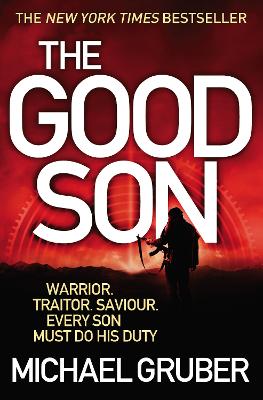The premise of the story is rather outlandish, despite that it provides a point of view for both west and east. There is so much propaganda about the middle-east that is hard for a person like myself to know what is truth or fiction. We forget that Pakistan and Afghanistan is the cradle of civilization. Their civilization is very different from ours - we tend to look down upon it, as we do not consider these countries to be modern.
Indus Valley Civilization
Civilization Name: Indus Valley Civilization
Period: 2600 BC -1900 BC
Originated Location: Around the basins of the Indus River
Current Location: Northeast Afghanistan to Pakistan and northwest India
Major Highlights: One of the most widespread civilization, covering 1.25 km
Indus Valley Civilization
One of the oldest civilizations in this list, the Indus valley civilization lies at the very cradle of subsequent civilization that arose in the region of the Indus valley. This civilization flourished in areas extending from what today is northeast Afghanistan to Pakistan and northwest India. Along with Ancient Egypt and Mesopotamia, it was one of three early civilizations of the Old World, and of the three the most widespread, covering an area of 1.25 million km. Entire populations of people were settled around the basins of the Indus River, one of the major rivers in Asia, and another river named Ghaggar-Hakra which once used to course through northeast India and eastern Pakistan.
Also known as the Harappan civilization and the Mohenjo-Daro civilization – named after the excavation sites where the remains of the civilization were found, the peak phase of this civilization is said to have lasted from 2600 BC to around 1900 BC. A sophisticated and technologically advanced urban culture is evident in the Indus Valley Civilization making them the first urban centers in the region. The people of the Indus Civilization achieved great accuracy in measuring length, mass, and time. And based on the artifacts found in excavations, it is evident the culture was rather rich in arts and crafts. [1. 10 Oldest Ancient Civilizations ever]
As the book says, "There was no Afghanistan the way there was a France or a Canada, there were onl individuals and families and clans, and the Americans trying to make it different was like assembling a fighter plane out of wet toilet paper."
This review was originally posted on The Pfaeffle Journal
